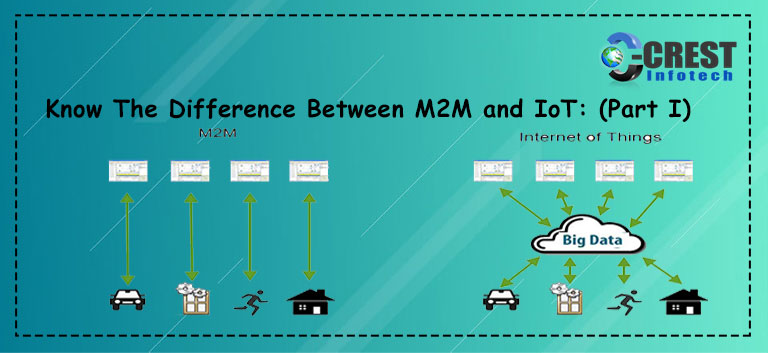Everyone wants to achieve success on their first attempt. Similarly, if you wish to create an application, you must ensure that it is done correctly the first time. It may not be doable for everyone, but you can certainly give it your all. For this, you’ll need a solid backend built with a collection of tools that allow you to cut development time and streamline resources.
Many developers are now combining technologies to achieve better and faster outcomes while developing mobile and web apps. MEAN stack development is one such technology.
What is MEAN Stack Development, and how does it work?
MEAN stack development is a collection of Javascript-based technologies for building online applications. It is an acronym for M-MongoDB as a database system, E-ExpressJS as a backend web framework, A-AngularJS as a front-end framework, N-NodeJS as a backend runtime environment. MEAN is a full-stack JavaScript application that runs from client to database to server.
What are the different components of the MEAN Stack and what do they contribute?
MongoDB
MongoDB is a document database that backend programmes use to store data as JSON documents (JavaScript Object Notation). MongoDB’s role in MEAN is to store the application’s data. Because both the database and the application use JavaScript, there is no requirement for translation when the object moves from the application to the database or vice versa.
MongoDB is well-known for its storage and performance scalability. You can also add fields to the database without having to reload the entire table. MongoDB is a low-cost database that may be used to transport data between the client and server.
ExpressJS
Express.JS is a backend web application framework with a server that is extremely light. It facilitates the development process by utilising NodeJS and assisting APIs in the building of required web apps. As the development process becomes more simpler, Express.JS integrates with NodeJS.
Express.JS speeds up applications, makes them more secure, and controls the interface between the front end and the database. It’s also worth noting that you can’t unintentionally redefine a variable using Express.JS because it prevents overwriting, which saves you a lot of time and money.
AngularJS
Angular is one of today’s most popular web frameworks. In fact, as a front-end JavaScript framework, it has become the standard. Google created and maintains it. The AngularJS server is used in MEAN Stack to easily construct single-page dynamic web apps. Because of its simple templates and high performance, Angular JS is an excellent front-end framework. Angular also allows you to construct the programme on both the desktop and mobile platforms at the same time.
NodeJS
NodeJS is a well-known cross-platform runtime environment for developing server-side web applications that are highly scalable. This JavaScript runtime is used to quickly and easily create server-side JS apps. This framework comes with a large collection of JavaScript modules to make web development easier. It’s the most effective approach to give web application scripts better webserver interaction. NodeJS serves as the backbone of the MEAN Stack, with Express.JS essentially working on top of it. Furthermore, AngularJS effortlessly integrates with NodeJS, allowing for quick data serving.
The best selling feature of NodeJS is its scalability, which allows it to sustain millions of concurrent connections.
You can also Hire Dedicated Developer. Contact Crest Infotech to know more about Dedicated Development services in Details.
